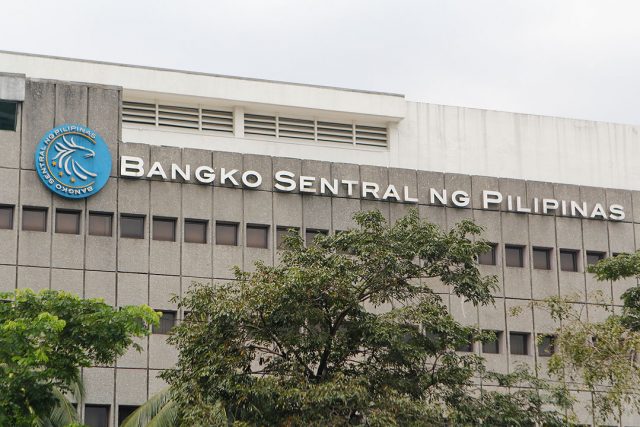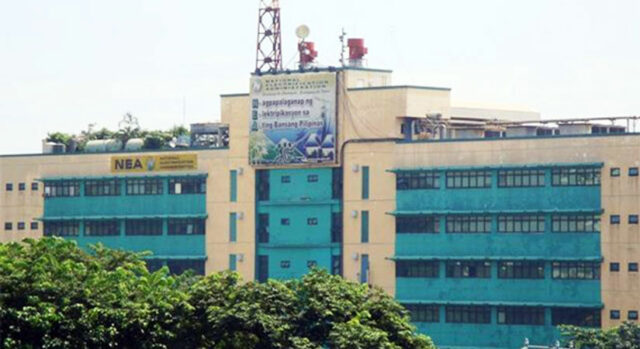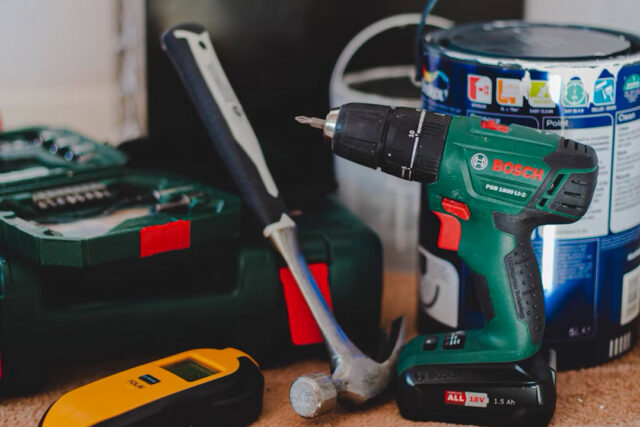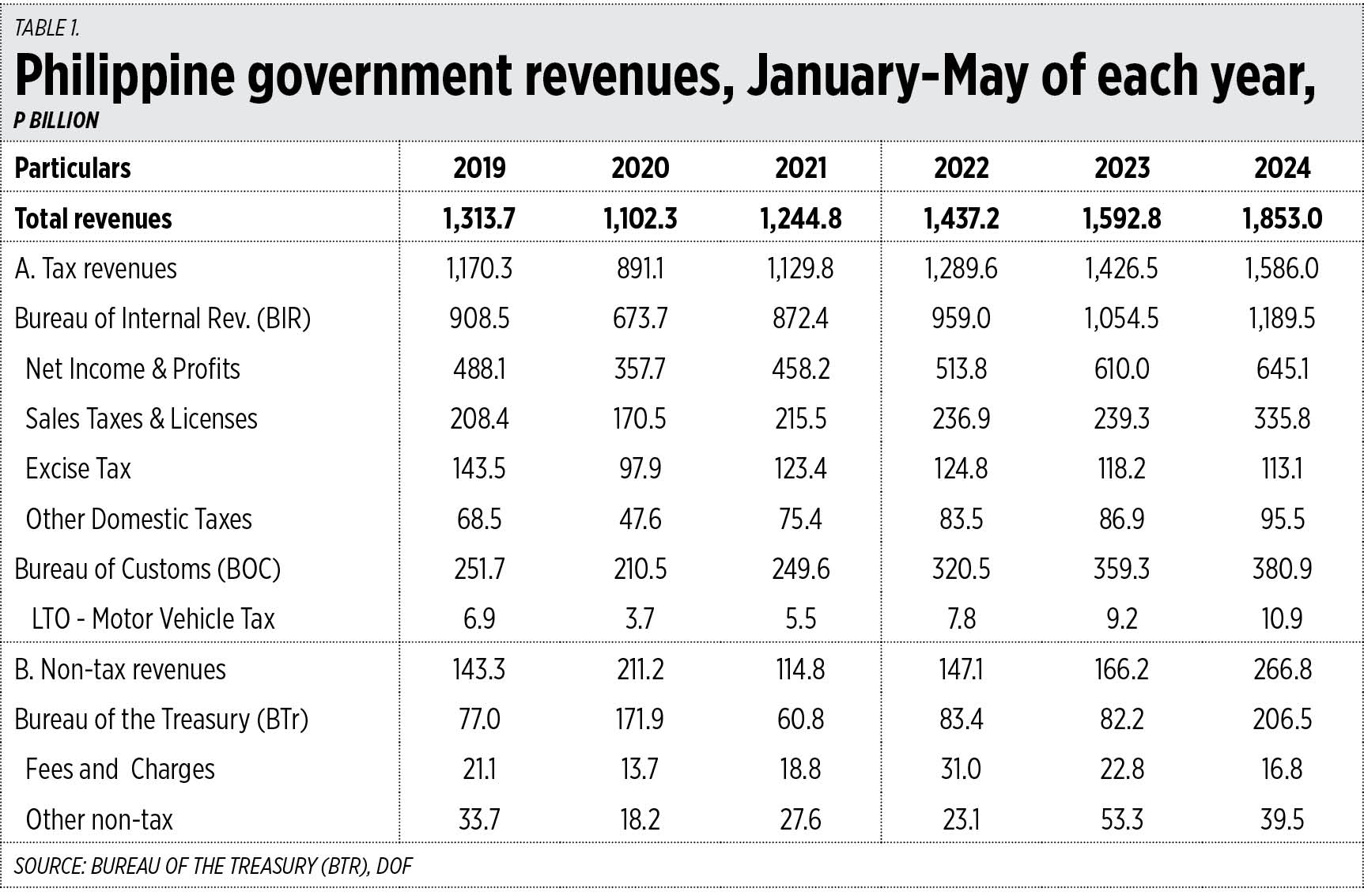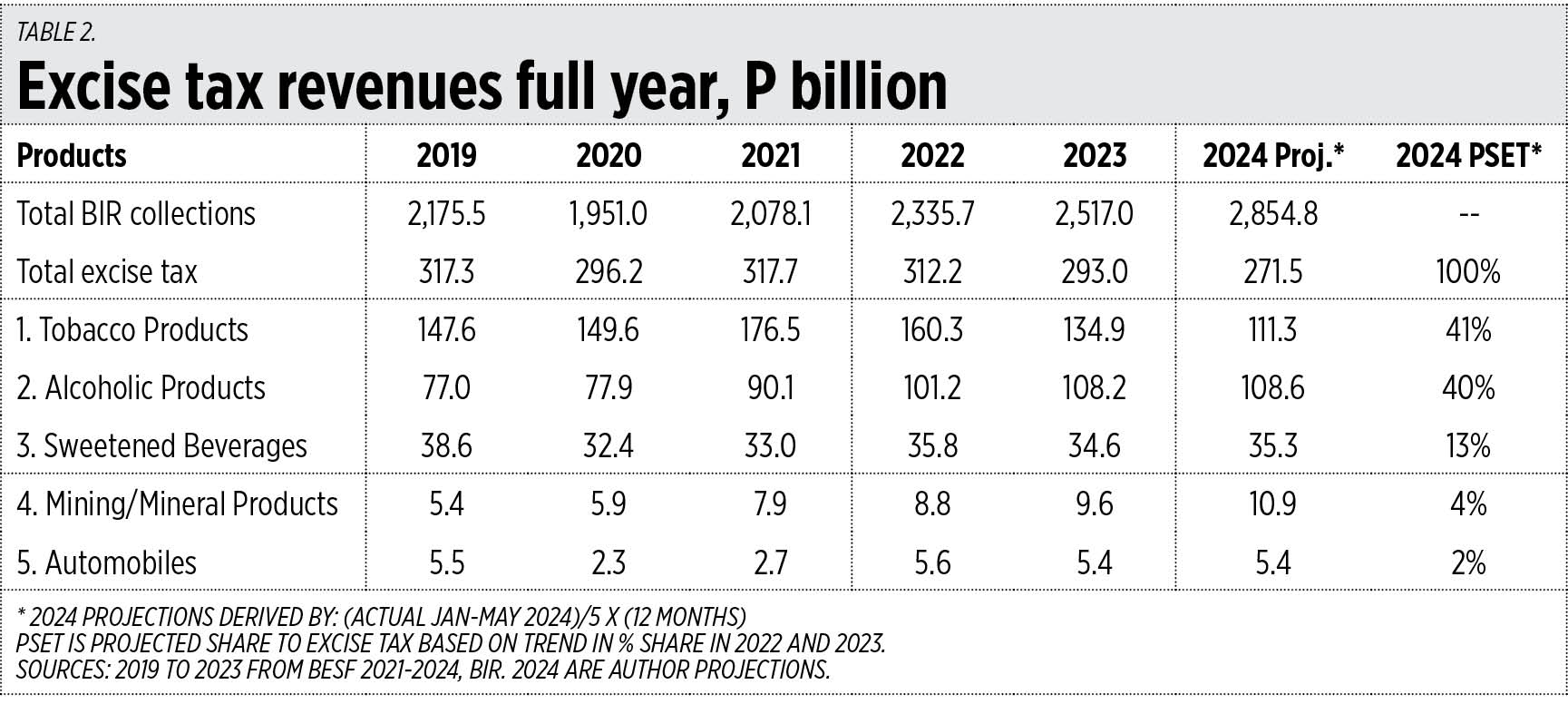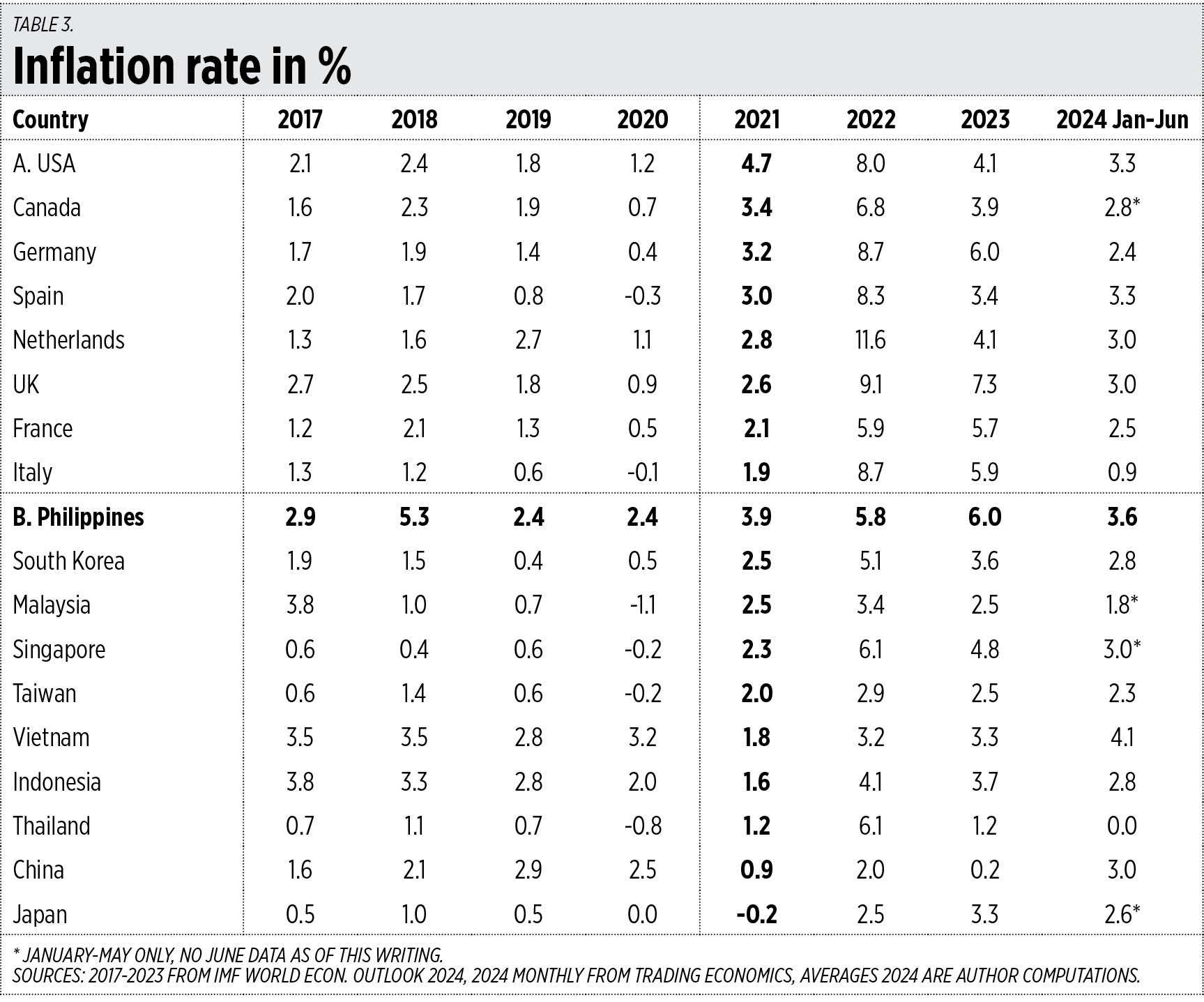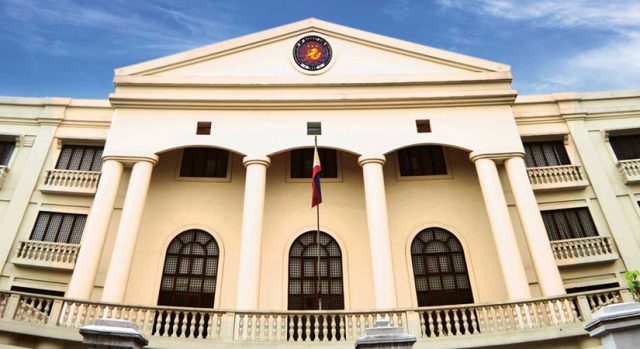On April 24, the Department of Finance (DoF) instructed the Philippine Health Insurance Corp. (PhilHealth) to remit P89.9 billion to the Treasury within 15 calendar days, citing the 2024 budget law and Department Circular 003-2024. The amount was to come from PhilHealth’s reserve fund, which by 2023 had mounted to P463.7 billion.
The DoF justified the directive saying the idle funds can be used to finance unappropriated programs that would be of immediate benefit to the Filipino people. It was also to discipline PhilHealth for not using the available funds.
The president, fund manager, corporate affairs officer, and corporate secretary of PhilHealth were all negligent of their responsibilities for not invoking Republic Act 11223. The law states: “No portion of the reserve fund or income thereof (of PhilHealth) shall accrue to the general fund of the National Government or to any of its agencies or instrumentalities, including government-owned or -controlled corporations.”
The secretary of the Department of Health (DoH) was also remiss in allowing the secretary of another department to exercise authority over the use of PhilHealth’s reserve funds. PhilHealth is a government corporation attached to the Department of Health for policy coordination and guidance. It was mandated to administer the National Health Insurance Program.
But I have long doubted the capability of the top officers, past and present, of PhilHealth because it was not organizationally structured to manage such a complex and far-flung operation. I got to know that in 2007 when Dr. Francisco Duque, then president of PhilHealth, commissioned the De La Salle Graduate School of Business to conduct an executive development program for 50 officers of PhilHealth. I was the program director.
PhilHealth has been headed by a lawyer, a Doctor of Medicine, a military general, a detective, and now a Master of Business Administration.
During the 2022 presidential race, Jessica Soho of GMA 7 asked presidential candidates Leni Robredo, Panfilo Lacson, Manny Pacquiao, and Isko Moreno how they would solve the problems hounding PhilHealth if they were elected president. According to estimates at the time, PhilHealth’s actuarial life would only last until 2027.
Vice-President Robredo stressed that someone who is well-versed on health economics and an actuarial scientist should lead the agency. “PhilHealth is in this kind of mess because of the failure of leadership to manage the office.” Sen. Lacson said it should be headed by someone who knows how to handle finances. To him, the training and work experience of former NBI director Dante Gierran, the president of PhilHealth at that time, did not match the requirements of the position.
Sen. Pacquiao disagreed. As there is too much corruption in PhilHealth, the appointment of the former NBI director as president of PhilHealth was right. For Mayor Moreno, a financial guy or group of people who understand finances and how to grow the money of PhilHealth should run PhilHealth.
I say that a health economist or an actuary — as VP Robredo suggested — should not head PhilHealth. Neither should a finance person. They are specialists. The effectiveness of a health economist/actuarial scientist or of a finance person would be diminished considerably if they have to divide their time between their field of expertise and managing the overall operations. They should devote all their working hours to performing the job they are experts on.
RA 11223 enrolled all Filipino citizens in the National Health Insurance Program to be administered by PhilHealth. The Philippine population had grown to 116 million by 2022. Those are 116 million Filipinos spread all over the archipelago — from Batanes in the north to Tawi-Tawi in the South, from Samar in the East to Palawan in the West.
As I have written here before, mandating PhilHealth to administer the National Health Insurance Program was a colossal mistake. Even if you rid PhilHealth of corrupt officers and staff, it would still be incapable to formulate and promulgate policies for the sound administration of the program as it lacks a management team composed of people with formal training and substantial experience in health insurance. These people are an actuary, a fund manager, and claims adjusters (processors).
The health insurance actuary is responsible for assessing future financial risk in healthcare. Using a blend of mathematics, statistics, and financial theory, he estimates financial uncertainty and calculates the cost of health insurance premiums based on reported health data like the Department of Health morbidity rates. He makes financial predictions of expected costs and profits using patient health data, geographical location, occupational risk factors, and age.
The health insurance actuary is typically a master’s in actuarial science. An academic discipline combining courses such as mathematics, statistics, probability, economics, finance, computer science, and business administration are ideal in preparing a person for an actuarial position in a health insurance company.
The World Health Organization (WHO) had advised our legislators to implement universal healthcare (UHC) fully in 2030 when the country’s health delivery system would be capable of servicing UHC. But some of them rushed the enactment of a law instituting universal healthcare — RA 11223 — so that they could present UHC in the elections of 2019 as their gift to the Filipino people. They must have said, “Bahala na si Batman.”
Among the authors of the law were senators JV Ejercito, Sonny Angara, Nancy Binay, and Cynthia Villar, who were all running for re-election. Ironically, Sen Ejercito, the principal author of RA 11223, was not re-elected.
RA 11223 imposed an enormous and horrendous actuarial problem upon PhilHealth. “Even if you put Superman in my place, he might not be able to cope with the task,” Retired General Ricardo Morales, then PhilHealth president, remarked in 2020. It was his way of saying the alleged irregularities in the state insurance firm could not be fixed. But his remark can apply to the general state of PhilHealth.
According to PhilHealth, 38 million of its enrollees are indigents. That makes the actuarial projections more complex because the moral hazard becomes a bigger risk factor. The jobless poor will seek hospitalization even if they are not sick. Hospitalization means three free meals a day and a real bed to sleep in instead of a cart or the sidewalk. The doctor would agree to ordering confinement as it means revenue for him (PhilHealth pays his professional fee). The hospital also gets paid by PhilHealth for virtual services. That has actually happened as the various investigations of PhilHealth irregularities and anomalies have shown.
At a Senate hearing in 2020, PhilHealth acting Senior Vice-President Nerissa Santiago claimed that the insurer’s actuarial life was down to a year due to decreased collections and an expected increase in benefit payouts due to COVID-19. Rep. Stella Luz Quimbo questioned such a projection, noting that PhilHealth would still be able to collect from members if collection efforts were intensified.
Rep. Quimbo asked for an actuarial validation by a third party. I do not think she can find an actuary capable of assessing the actuarial life of PhilHealth. No actuary in the world has any experience calculating the potential healthcare cost of an enrollment of 100 million individuals with a profile similar to that of PhilHealth’s and with a healthcare system like the Philippine healthcare system.
The UHC of other countries like the United Kingdom, Canada, Australia, Japan, and Cuba is provided by hospitals owned by their governments and by healthcare professionals employed by their governments. They have no need for a health insurance company. Therefore, they have no need for actuarial projections and the attendant actuary.
Ms. Santiago is designated as the Acting Vice-President for Actuarial Services and Risk Management Sector of PhilHealth. BusinessWorld asked for her resume sometime in June. We have not received it yet, despite follow-ups. So, we know nothing about her credentials for her role.
As for the fund manager, he is responsible for making the funds (the total premiums paid by the people insured) grow by implementing investment strategies. He can find safe, short-term assets to invest its funds. Common instruments of this type include Treasury bonds, high-grade corporate bonds, and interest-bearing cash-equivalents.
The typical fund manager possesses a minimum of a bachelor’s degree in economics, finance, and business. He may have gone through advanced studies in financial management or hold a master’s degree in economics and had significant experience as a trader in a bank. He may even carry the title Chartered Financial Analyst.
Listed as Senior Vice-President for the Fund Management Sector is Renato Limsiaco, Jr. Prior to his promotion as SVP, he was Regional Vice-President for Eastern Visayas.
He has a Diploma in Development Management from the Development Academy of the Philippines, a doctorate in Management specializing in Human Resources Management from the Leyte Normal University, a master’s degree in Public Administration from the University of Negros Occidental-Recoletos, and a bachelor’s degree in Commerce major in Accounting from Binalbagan Catholic College, Negros Occidental.
Mr. Limsiaco’s work experience and academic background do not match the credentials expected of a true fund manager.
The new president of PhilHealth has better credentials for fund management. Emmanuel R. Ledesma, Jr. had worked for financial institutions. He was managing director and country head of the Royal Bank of Canada, director and vice-president of Morgan Stanley, Hongkong, and associate of PCI Capital.
He earned a master’s degree in Business Management major in Finance, Accounting, and Management Strategy from the prestigious J.L. Kellogg Graduate School of Management, Northwestern University, Chicago, Illinois. But he is more inclined towards administration rather than fund management. That accounts for his allowing the diversion of P89.9 billion of PhilHealth’s money to unappropriated programs.
Prior to his appointment as president and chief executive officer of PhilHealth, he was a freelance consultant to power energy players. He was once a member of the board of the National Transmission Corp., president of Power Sector Assets and Liabilities Management.
But even if President Marcos finds a superman to run PhilHealth, that superman still would not be able to fix the mess that is PhilHealth. That is because RA 11223 mandated PhilHealth to administer the National Health Insurance Program — a colossal mistake.
Oscar P. Lagman, Jr. was country manager of the Philippine subsidiary of a multinational health insurance company in the 1980s. As a freelance consultant, he set up the health insurance line of the Philippine subsidiaries of two multinational general insurance companies, one in 1988, the second in 1999. He was a member of the USAID team that organized the Province of Bukidnon’s healthcare system in 1994. USAID sent him to the executive program on Managed Care of the University of Missouri in 1991.

